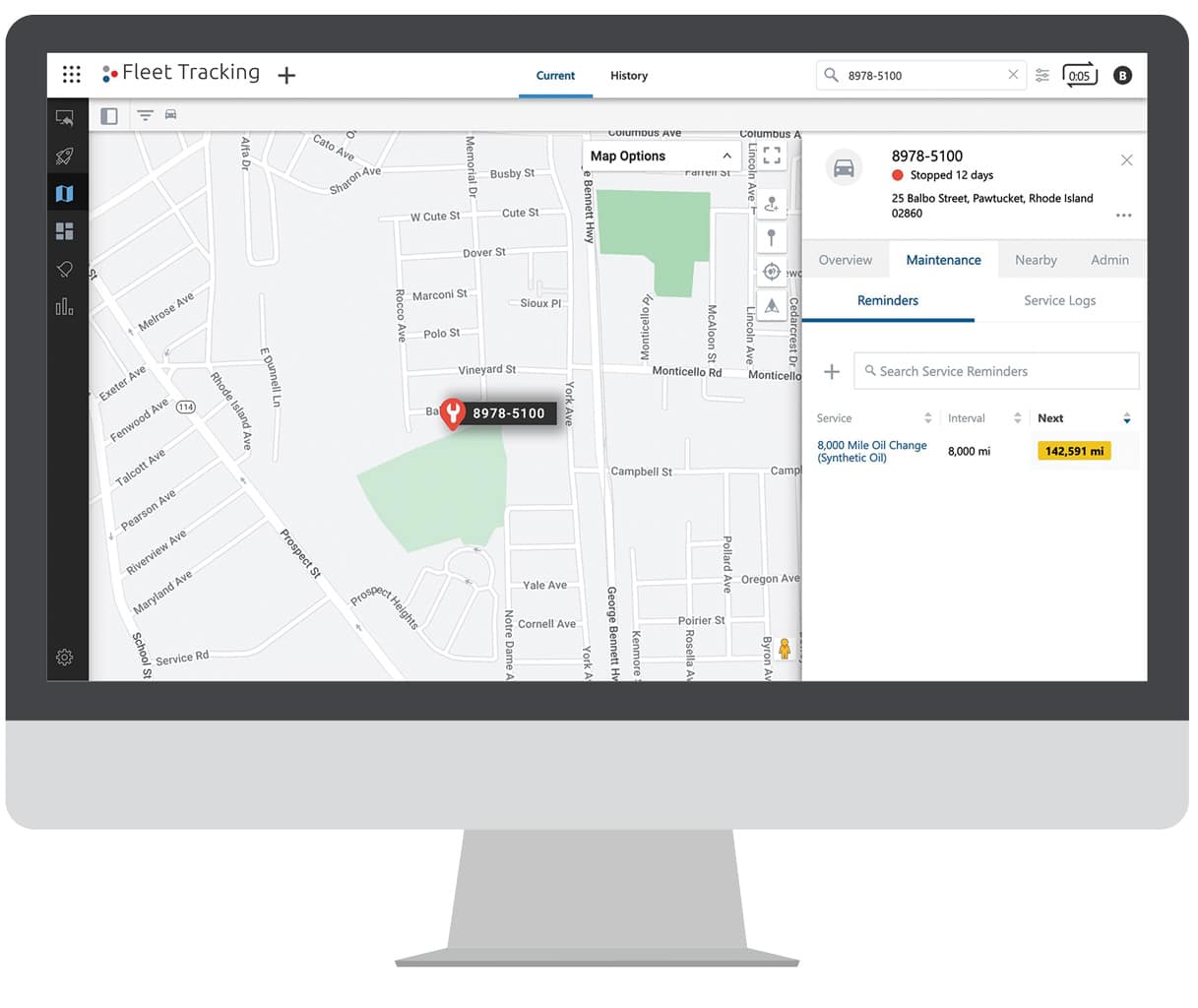
Unleashing Fleet Potential Through Regular Inspections
Fleet inspections are a critical aspect of fleet management, ensuring the safety and efficiency of vehicles on the road. Regular inspections help identify potential issues early, reducing the risk of accidents and injuries. These inspections contribute to vehicle efficiency, leading to reduced fuel consumption and cost savings. Let’s explore the importance of fleet inspections and how they can benefit your organization.
Ensuring Safety
Fleet inspections are paramount for maintaining safe vehicles and protecting drivers, passengers, and other road users. By thoroughly inspecting key components such as brakes, tires, suspension, lights, and more, fleet managers can identify potential problems and address them promptly. This proactive approach significantly reduces the risk of accidents caused by mechanical failures and helps create a safer environment on the roads.
Enhancing Vehicle Efficiency
Regular fleet inspections also play a crucial role in optimizing vehicle efficiency. By conducting preventive maintenance and repairs identified during inspections, fleet managers ensure that vehicles are running at their optimal performance levels. Well-maintained vehicles experience improved fuel efficiency, resulting in reduced operating costs and a positive impact on the organization’s bottom line.

Cost Savings
Fleet inspections, as part of a comprehensive preventive maintenance program, offer significant cost savings. According to industry studies, implementing such programs can result in cost reductions ranging from 12% to 18% in overall maintenance expenses. By addressing issues early through inspections, fleet managers can avoid more extensive and costly repairs or breakdowns that could lead to downtime and increased operational expenses.
Compliance and Risk Management
Beyond safety and cost savings, fleet inspections are essential for regulatory compliance and risk management. Adhering to inspection requirements and keeping detailed records of maintenance and repairs demonstrates a commitment to safety and compliance. This helps mitigate the risk of costly fines, legal issues, and reputational damage associated with non-compliance.
Best Practices for Fleet Inspections
To ensure effective fleet inspections, there are several best practices to consider:
1. Establish a Regular Inspection Schedule:
2. Thoroughly Inspect Key Components:
3. Implement Preventive Maintenance:
4. Leverage Fleet Management Solutions:
How Telematics Can Help
Fleet telematics has become a game-changer in the world of fleet inspections. By integrating telematics solutions into their operations, fleet managers can gain valuable insights and streamline the inspection process, leading to improved safety, efficiency, and cost savings.
One of the key ways telematics aids fleet inspections is through real-time vehicle monitoring. Telematics systems collect and transmit data from various sensors and onboard devices, providing fleet managers with instant access to crucial information. This includes vehicle diagnostics, engine performance, fuel consumption, and maintenance alerts. By having this real-time data at their fingertips, fleet managers can proactively identify potential issues that may affect safety or vehicle efficiency.
Telematics also enables remote monitoring of fleet vehicles, reducing the need for physical inspections. Fleet managers can track vehicle locations, monitor driving behaviors, and receive automated notifications for maintenance tasks. This remote monitoring capability not only saves time and resources but also allows fleet managers to address urgent matters promptly, such as identifying vehicles that require immediate attention or scheduling inspections for high-priority assets.
In addition, telematics enhances compliance and record-keeping for fleet inspections. Detailed data records provided by telematics systems offer an accurate and reliable audit trail. Fleet managers can easily access historical data on maintenance, inspections, and repairs, ensuring compliance with regulatory requirements. This documentation can also serve as evidence of proactive fleet management practices in the event of an audit or legal dispute.
Fleet inspections are an indispensable aspect of fleet management, offering numerous benefits including enhanced safety, improved vehicle efficiency, and significant cost savings. By prioritizing regular inspections, fleet managers can proactively identify and address potential issues, ensuring the reliability and performance of their vehicles.
Additionally, compliance with inspection requirements reduces legal risks and enhances the organization’s reputation. By embracing best practices and leveraging technology solutions, fleet managers can streamline their inspection processes and optimize fleet performance, ultimately contributing to safer roads and more efficient operations.
Fleet inspections are not just a regulatory obligation, but a strategic approach to maintaining the integrity of your fleet, protecting your drivers, and optimizing your operations.
Get a Price Quote
See how our telematics and compliance solutions can make your life a whole lot easier.






